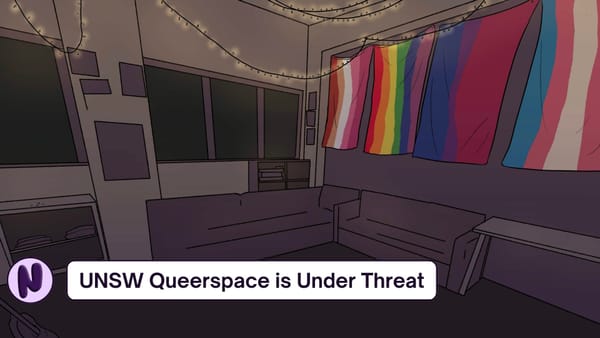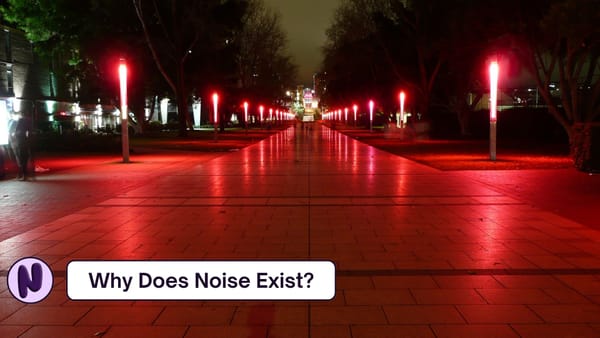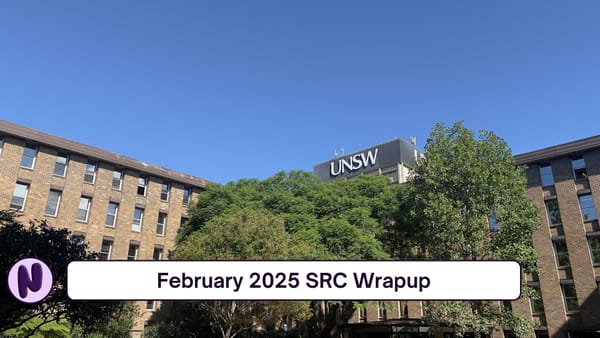Introducing the Noise Constitution
On Thursday the 19th of September 2024, the Noise editorial team approved a final version of its constitution, which has been drafted in various forms and reviewed since April of this year.
Significant portions of our constitution have been lifted from the 2023 proposal to overhaul the Charter of Gamamari, which was never formally approved or blocked by the Arc Board, including editorial processes and policies around approval and censorship of student writing.
The constitution is available here. See below its key inclusions:
1- All Noise writers must follow the MEAA Journalists’ Code of Ethics
Noise was born in demand of ethical student journalism at UNSW. The MEAA Code of Ethics is now a constitutionally enshrined part of the publication so that these ethical standards may continue in perpetuity. This means, among other things, that Noise must not supress relevant or available facts in its reporting, must always attribute information to its source whilst respecting and ensuring anonymity where requested, must not allow advertising to undermine the accuracy of its reporting, and disclose all payments made for interviews or information.
2- Noise’s three coordinators will be elected.
The management positions in student media have not been appointed by vote since 2015, where Gamamari’s editors were elected during the larger SRC election process each year. At Noise, only regularly contributing Noise writers and editors will be eligible to vote in coordinator elections.
3- Coordinators are limited to two single-year terms.
No student will be allowed to hold Noise’s top positions for more than two years.
4- Volunteer Correspondents will lead reportage on specific areas of UNSW
Equivalent to Subcommittee chairs in societies, Noise correspondents will lead writers with shared interests in certain topics, issues or areas in UNSW. Any number of correspondents may exist, and may have purview over faculties (Business Correspondent), student politics (SRC correspondent), or campus life (Arc Sport Correspondent).
Correspondents will have the power to review and approve less urgent content in their relevant field (see below).
5- Regular Contributors of Noise will have voting rights, editorial oversight.
Any UNSW student who takes an active interest in Noise affairs and contributes consistently will have the right to vote on the direction of the publication and review content for publishing. The constitution defines consistent contribution as writing a piece of content and actively participating in the production of another at least once every three months.
6- A robust and specific rubric for censoring content.
Correspondents will have the power to grade the strategic risk of Noise content based on a rubric defined in the constitution, with grades from ‘Very Low’ to ‘Important’ and ‘Urgent’.
Drafted in 2023 in response to Arc’s inherently subjective censorship regulations, this process ensures that Noise coordinators can only censor other students’ writing in specific and predefined circumstances, and only if they believe the content is defamatory by NSW law, breaks copyright, or is discriminatory, as defined by the constitution.
We believe that these regulations must be as thorough and detailed as possible, so as to remove all elements of subjectivity, so that powers of censorship may not be abused to silence or repress the student voice in any individual’s personal interest.
7- Public Interest in the UNSW Context is defined.
Several regulations allow or direct certain journalistic actions if they are in the public interest. Our constitution incorporates a rolling definition of public interest in the context of the UNSW student community, as laid out by the Australian Law Reform Commission.
This will give clear direction to future editors of Noise as to how student publications engage with the student community and properly represent the student voice, providing examples of Noise’s previous public interest journalism with the expectation that coordinators and correspondents update them yearly to keep them recent and topical.



